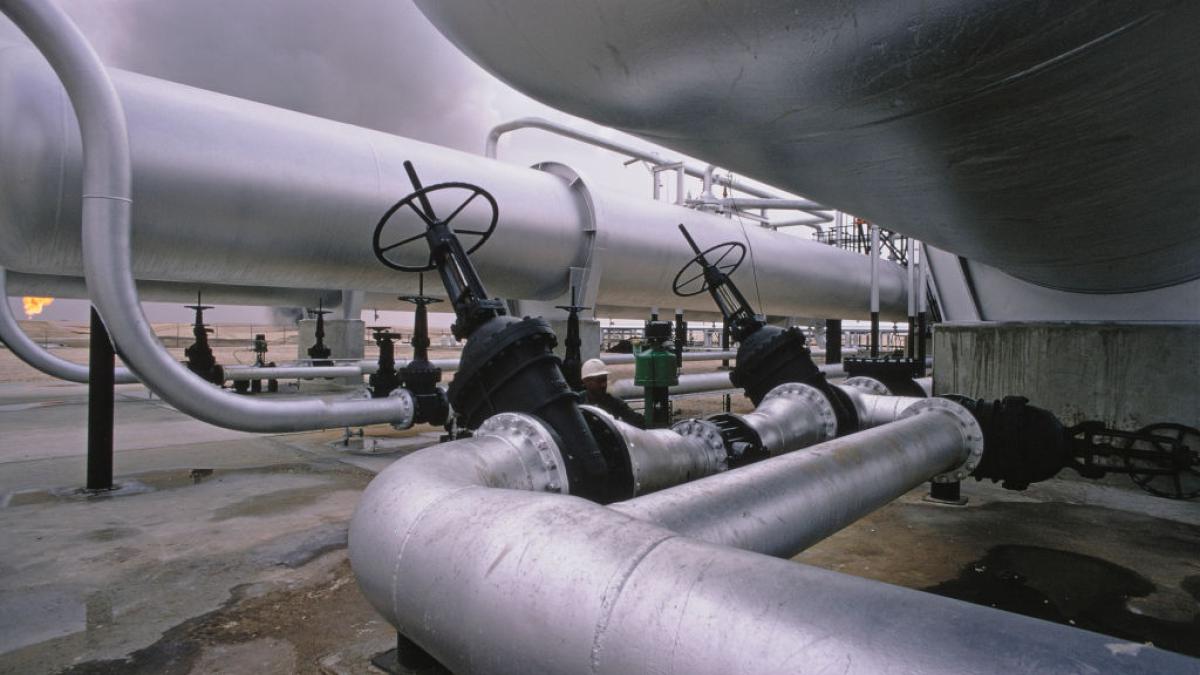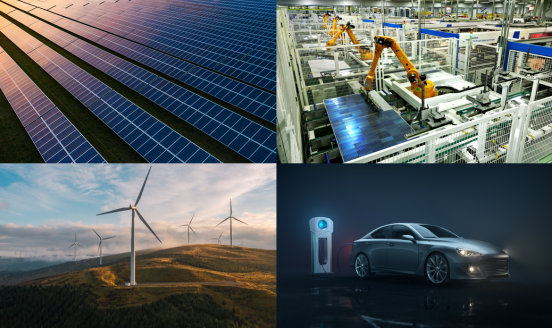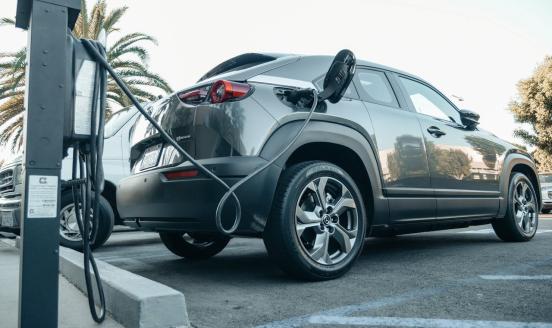Israel-Hamas war: implications for gas markets
The conflict has already cut gas supplies to Israel and could start to have wider impacts by weighing on exports

The Israel-Hamas war is already hitting gas supplies, most notably in Israel. Following the Hamas attacks, on 9 October Israel’s Energy Ministry ordered Chevron, the operator of the Tamar platform 25 kilometres northwest of Gaza, which mostly met domestic needs, to temporarily cease production. On 10 October, Israel’s government also instructed Chevron to temporarily halt flows through the most important pipeline connecting Israel and Egypt, the East Mediterranean Gas (EMG) pipeline, which links Ashkelon, an Israeli city 13 km north of Gaza, to Arish in the northern Sinai, Egypt.
Israel’s energy ministry has also indicated that electric utilities in Israel should seek alternative fuel sources to meet their needs. The share of gas in the country’s energy mix is about 40%, up from zero in 2000. This rapid expansion has been driven by the electricity generation sector, previously dominated by coal; gas now provides 70% of Israel’s electricity.
The discovery of offshore gas deposits, most notably of the Tamar field in 2009 and the Leviathan field in 2010, has underpinned this major transformation of Israel’s energy system, and has also led Israel to become an exporter of gas to Egypt and Jordan. In 2022, Israel produced 21.9 billion cubic metres (Bcm) of gas, 11.4 Bcm from Leviathan and 10.2 Bcm from Tamar. Of this, 12.7 Bcm was consumed domestically, while 5.8 Bcm was exported to Egypt and 3.4 Bcm to Jordan. Exports were expected to rise further in 2023 supported by the launch of production at the Karish field (initial output of 6.5 Bcm).
It is not the first time the Tamar platform has been shut down over a security threat. It was targeted by rockets in 2021. Increased security risks to the key exporting EMG pipeline, which starts just kilometres from border with Gaza, led to its temporary shut down and impacted Israeli gas exports to Egypt from its biggest gas field, Leviathan. Reduced flows were redirected via an alternative regional pipeline used originally for Egyptian exports and, from 2019, to supply Egypt and Jordan with gas, known as Arab Gas Pipeline.
The impact of the current situation on the domestic, regional and international gas balance will ultimately depend on its duration. If protracted, the Tamar and EMG shutdown would reduce more long-lastingly not only supplies to Israel but also exports to Egypt. This would undermine Egypt’s ability to satisfy its increasing domestic gas needs, and would also hit its LNG exports to Turkey and several European Union countries – already significantly down this year compared to 2022.
Egypt’s LNG exports totalled about 7 million tonnes in 2022, of which 5 million tonnes went to the EU, compared to total EU imports of 96 million tonnes and global trade in LNG of over 400 million tonnes. Nevertheless, in a very tight global LNG market, the prospect of losing the relatively small Egyptian supplies at the beginning of winter has created upward pressure on gas prices across Europe and Asia. Gas prices are already under pressure from other factors, including the alleged sabotage of the Baltic connector between Finland and Estonia, and strikes at some Australian LNG plants.
Then there is the risk of further regional escalation of the conflict. A more extensive conflict between Israel and the Arab states could complicate planned – and in an extreme case, even current – Israeli gas projects with Egypt, Jordan and Lebanon. Such a scenario would make energy cooperation in the Eastern Mediterranean format much harder, if not derail it completely. Cooperation is meant to enable new gas developments, create a major regional hub and to build confidence in the region. More sustained limits on Eastern Mediterranean export capabilities would be a setback, especially for EU countries such as Italy, which rely on supplies from the region in their strategy to move away from Russian gas imports, and whose companies are investing in production and export infrastructure in the Eastern Mediterranean.
Finally, from a broader perspective, similarly to oil markets, if the conflict escalates all eyes will be on potential Iranian involvement. This could have several implications for international gas flows, such as increased security risks for that LNG vessels that pass every day through the Strait of Hormuz, and for international gas pipelines in the region. Wider conflict would also add to concerns about the security of infrastructure connecting North African gas suppliers and Europe, adding uncertainty and volatility to an already tight market.



